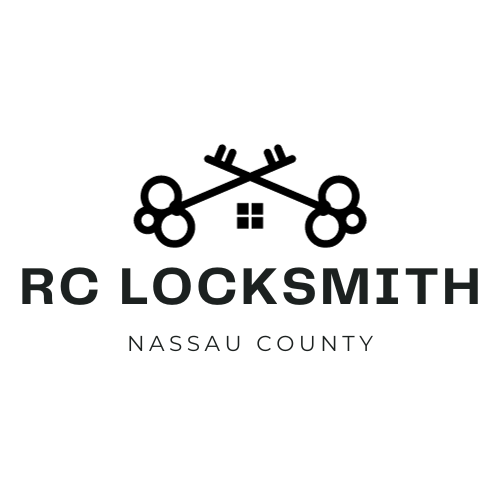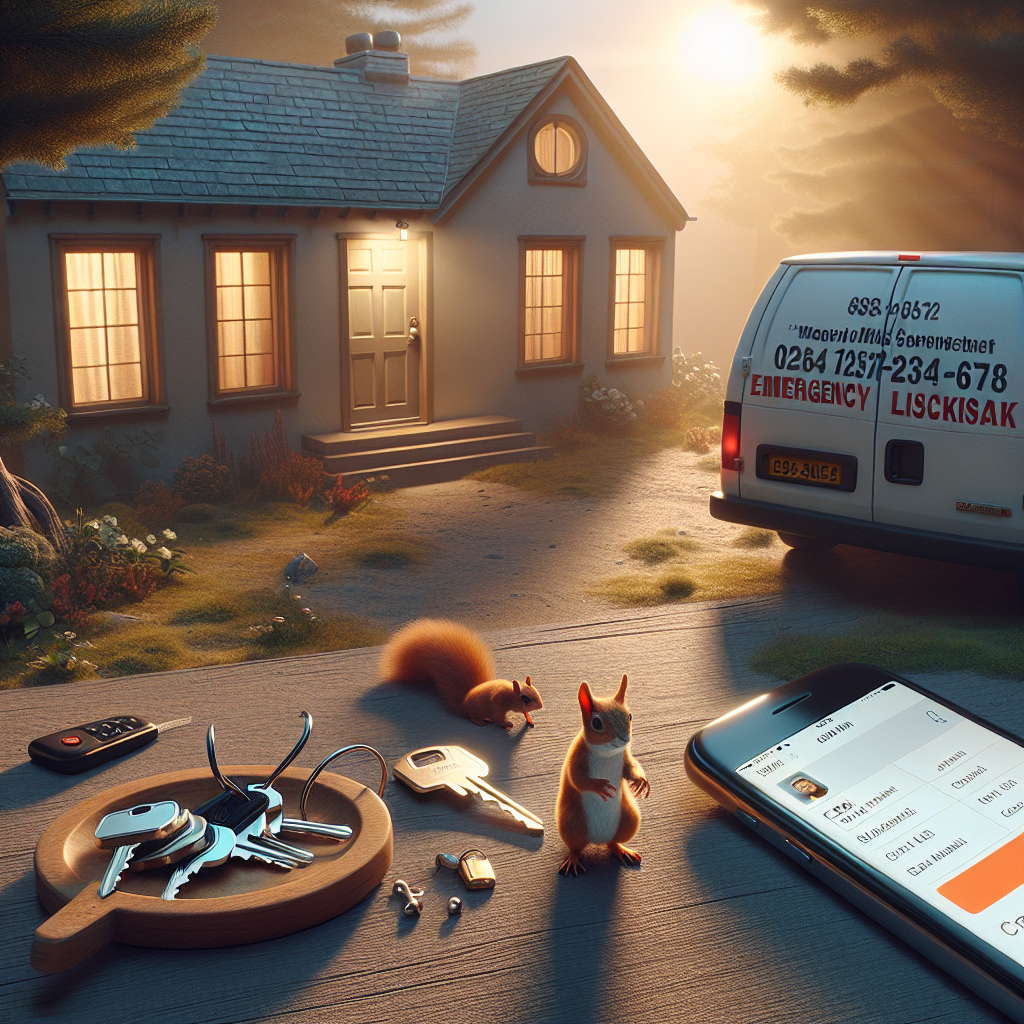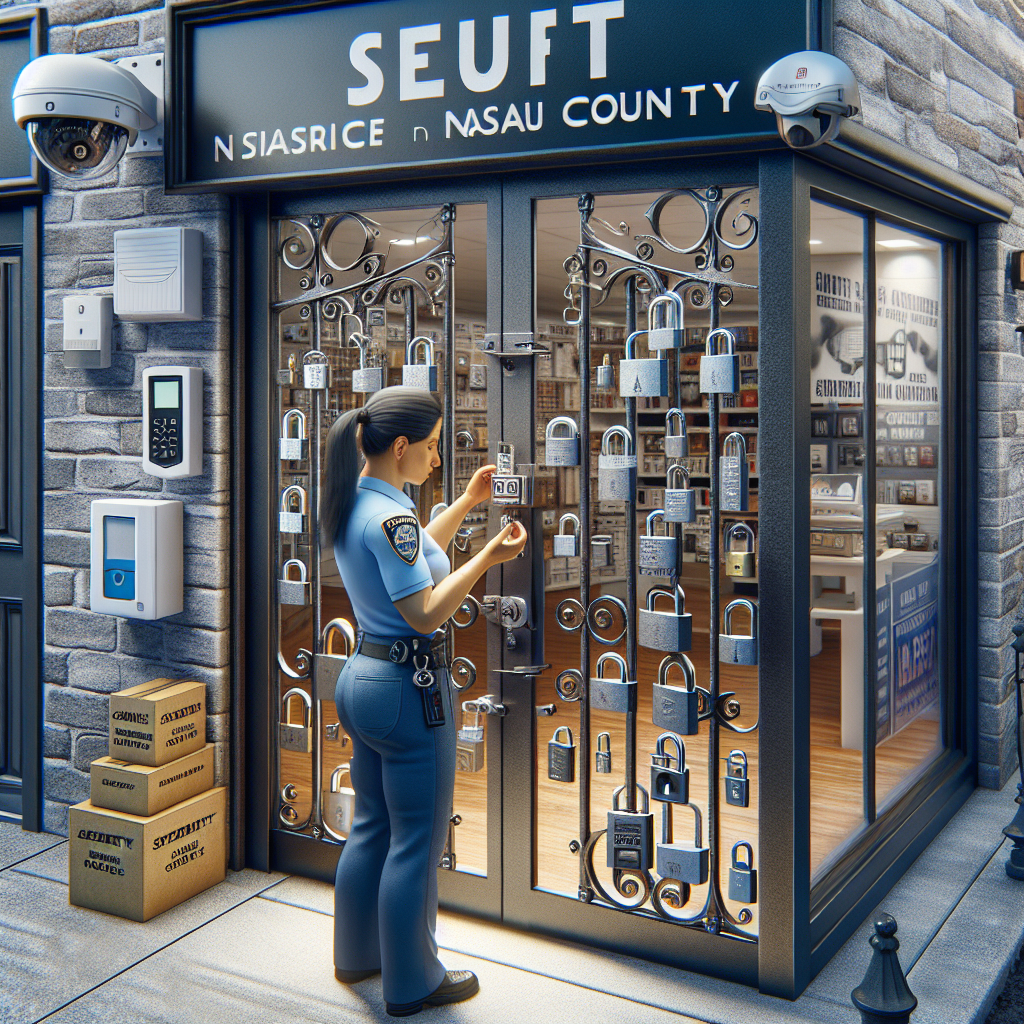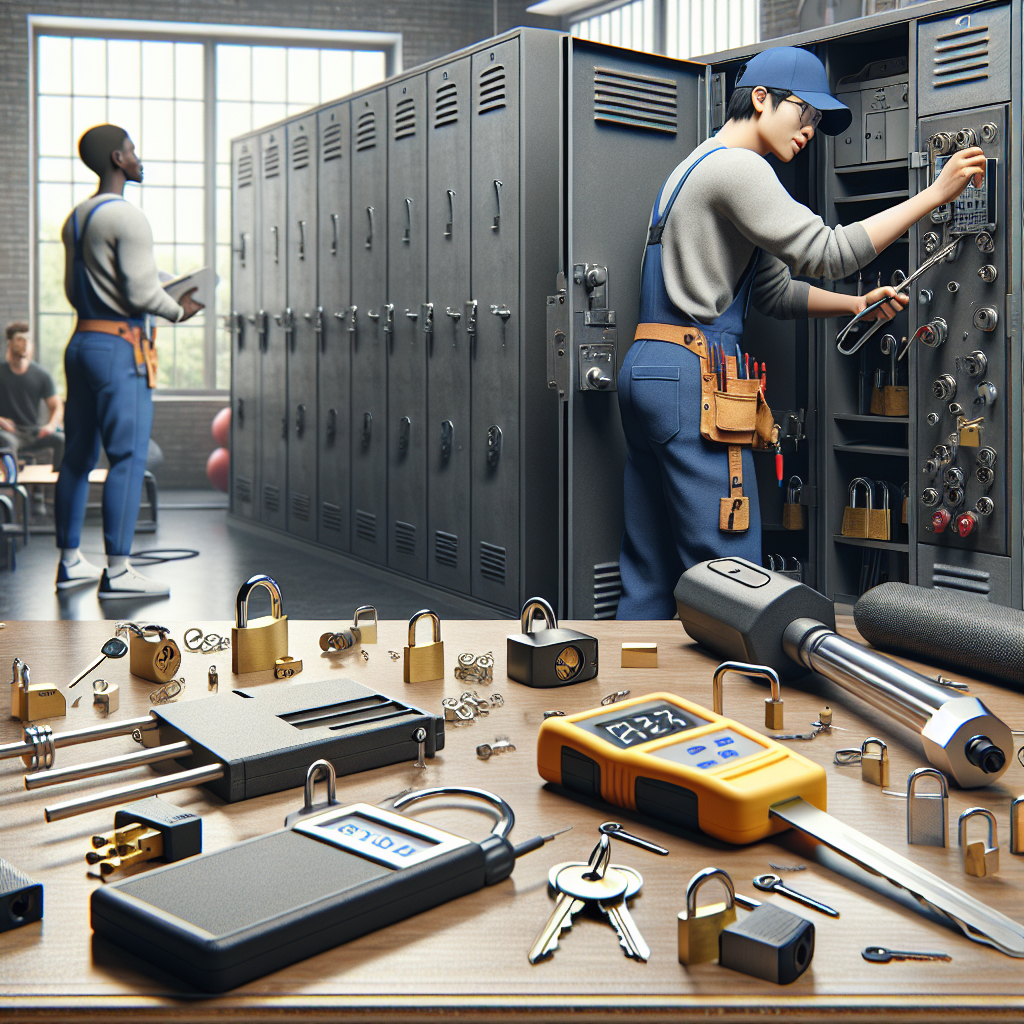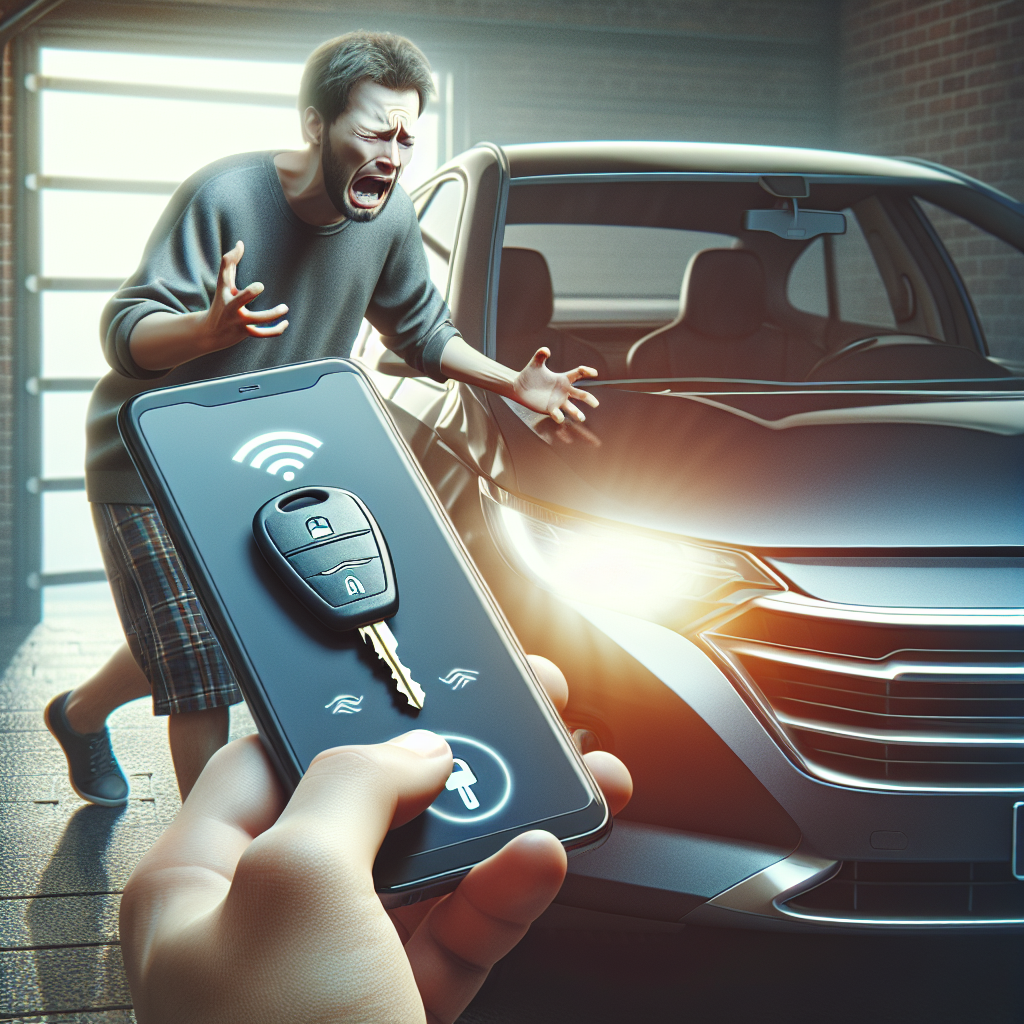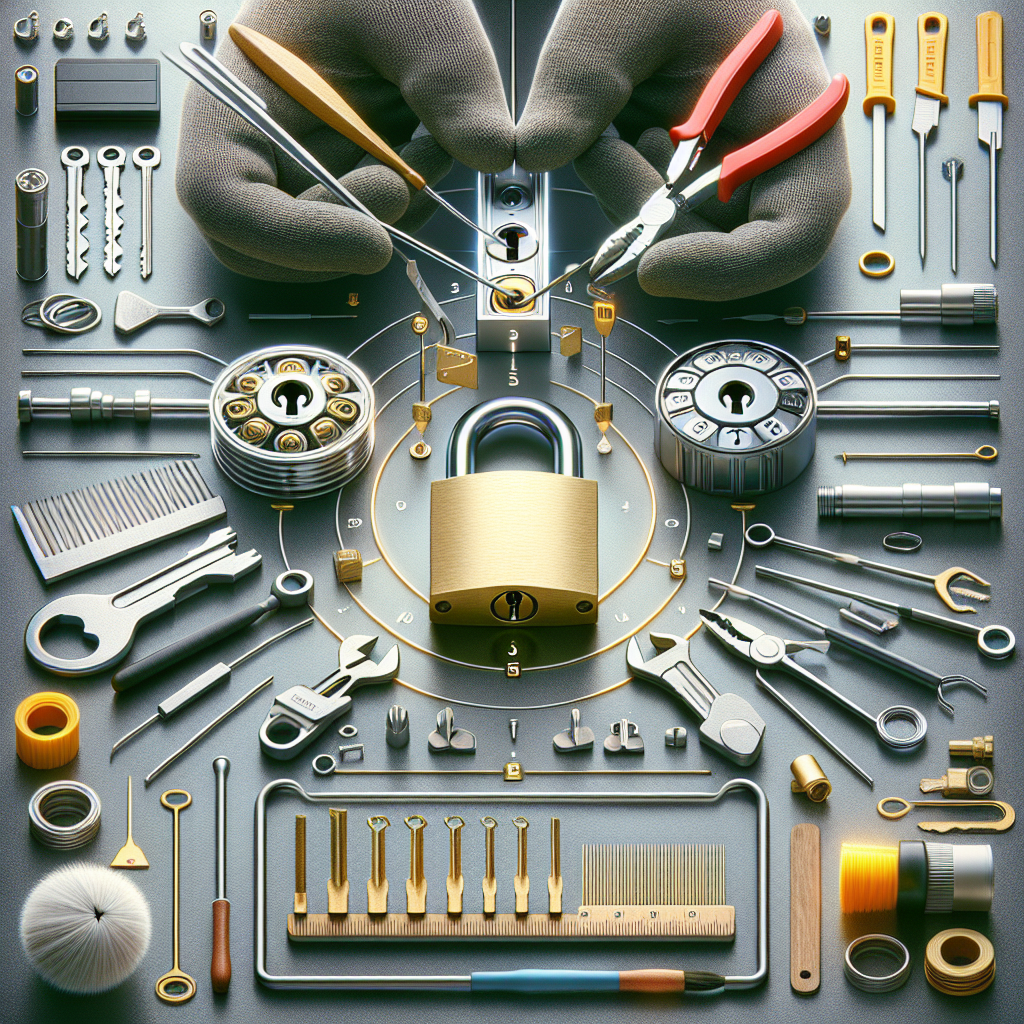Picture this: you’ve just returned home after a long day, arms laden with groceries, when you reach into your pocket for your keys—only to find them missing. That sinking feeling in the pit of your stomach is all too familiar for the estimated 2 million Americans who experience lockouts each year. A lockout from one’s own house is the epitome of a modern-day quandary, seemingly trivial yet capable of derailing an entire day’s schedule. The frustration and inconvenience of being stranded outside your sanctuary are experiences that touch on the delicate balance of security and accessibility in our lives. The need for a reliable solution becomes paramount.
Navigating the labyrinth of options for regaining entry can indeed be a trial. Who does one turn to in such a stressful moment? In the forthcoming sections, we will unpack the key takeaways to consider when faced with a residential lockout. From establishing the appropriate emergency contact to understanding the potential costs and implications of your choices, we will lay the groundwork for making an informed decision. The anticipation of learning trusted tactics and identifying the pivotal figures in the lockout resolution industry is intended to provide you with a beacon of hope and strategy to turn to should you ever find yourself on the wrong side of a locked door.
Key Takeaways
1. The first person to consider calling when you’re locked out of your home is a locksmith. Professional locksmiths are trained to handle such situations efficiently without causing damage to your door or lock. They have the necessary tools and expertise to unlock your home and can usually arrive quickly.
2. If your lockout situation isn’t urgent, or if you’re looking to avoid the cost of a locksmith, reaching out to friends or family for a spare key is a practical option. It’s a common practice to give a trusted friend or family member a spare key for situations like this.
3. Your landlord or property management company can also be a valuable resource if you’re locked out, particularly if you live in a rental property. They typically have a master key and can provide access to your home. However, this may not be the quickest option depending on their availability.
4. For those living in a community with an on-site maintenance staff or a building manager, getting in touch with these individuals could resolve the lockout situation. Maintenance personnel often have access to your home for emergencies and routine inspections or repairs and can help you regain entry.
5. Break-ins should be avoided unless there’s an emergency as they can result in property damage, legal issues, and even bodily harm. If an emergency situation arises and you cannot wait for any of the above options, it might be warranted to call emergency services. However, this should be reserved for urgent and severe circumstances such as needing to access medication or if a child is locked inside.
Locked Out of Your Home? Here’s Who You Should Contact
Residential Locksmith Services
If you find yourself locked out of your house, contacting a residential locksmith should be your first course of action. Residential locksmiths are trained professionals who specialize in gaining entry to locked homes without causing damage to the door or lock. They can pick locks, replace lock cylinders, and even create new keys on the spot. Furthermore, many locksmiths offer 24/7 emergency services, so you can call them at any time of day or night.
24/7 Emergency Locksmith Availability
It’s crucial to check whether the locksmith you’re considering offers round-the-clock emergency services. Being locked out can occur at any time, and waiting until morning is not always an option, especially in bad weather or unsafe areas. A 24/7 locksmith can provide immediate assistance, ensuring that you’re not left stranded outside your property for long.
Verifying Locksmith Credentials
Before enlisting the services of a locksmith, verify their credentials. Look for locksmiths who are licensed, bonded, and insured. This ensures that they are legally permitted to operate in your area, have coverage in case of damages, and adhere to a code of ethics. You can typically find this information on their website or by directly asking them.
Avoiding Locksmith Scams
Beware of locksmith scams. Such scams often involve a “locksmith” insisting on drilling the lock and replacing it at a high cost. A skilled locksmith rarely needs to drill a lock as a first option. To avoid these scams, research reputable locksmiths in your area, read reviews, and ask for a cost estimate before they begin the work.
Alternative Solutions
If a locksmith isn’t immediately available, consider alternative solutions. You might have given a spare key to a trusted neighbor, friend, or family member. In some cases, you may be able to gain access to your home through an unlocked window or by using tools like a credit card to jimmy the lock if it’s a simple latch.
Home Security Companies
If your home is equipped with smart locks or a home security system, you might have additional options. Some security companies provide lockout assistance as part of their services. Additionally, if your home’s locks are connected to a smart home system, you might be able to unlock your door through a mobile app or by calling customer support for assistance.
What If I’m Renting?
Tenants who are locked out should contact their landlord or property management company. Most landlords have a copy of your house key and can provide you access to your property. However, be aware that some may charge a fee, especially if the lockout occurs outside of regular business hours.
Insurance Considerations
Some homeowner’s insurance policies might cover the cost of a locksmith in the event of a lockout. Check your policy to see if you have this type of coverage. Even if it isn’t covered, keeping a receipt of the locksmith service may be useful, as it could be counted as a home maintenance expense for future tax deductions, depending on your local regulations.
Preventative Measures
After experiencing a lockout, it’s wise to take measures to prevent it from happening again. Consider leaving a spare key with a neighbor or investing in a lockbox. Additionally, installing a smart lock with a keypad or biometric entry can eliminate the need for physical keys altogether and provide a backup entry method.
Who Should Be Contacted if I’m Locked Out and Have No Spare Key?
- Contact a reputable residential locksmith who can provide emergency services.
- Verify the locksmith’s credentials before allowing them to perform any work.
- Check if your home security system provider offers lockout assistance.
- Reach out to your landlord or property management if you’re renting.
- Look into your homeowner’s insurance policy to see if it covers lockout services.
- Take preventative measures to minimize the risk of future lockouts.
Is a Locksmith the First Person I Should Call if I’m Locked Out?
Yes, a locksmith is typically the professional to call when you are locked out of your home. They have the necessary tools and expertise to unlock doors without causing damage to the lock or door.
Can Emergency Services Unlock My House?
Emergency services can help in the event of a lockout, especially if it’s urgent or life-threatening. However, their methods may not be as refined or damage-free as a professional locksmith’s.
Should I Try to Break Into My Own House?
Attempting to break into your house can result in injury or cause unnecessary damage to your property. It’s safer and often more cost-effective to call a professional.
What Information Do I Need to Provide to the Locksmith?
When calling a locksmith, be prepared to give your address, the type of lock you have (if known), and proof of residency or identification when they arrive.
How Can I Find a Reliable Locksmith Quickly?
To find a reputable locksmith promptly, search for local locksmiths online, check reviews, and verify their credentials. Having a pre-vetted locksmith contact can save time during an emergency.
Are There 24/7 Locksmith Services Available?
Many locksmiths offer 24/7 emergency services. It’s recommended to have the contact details of such services on hand in case of a lockout.
How Much Does It Usually Cost to Get Back Into My House?
The cost can vary greatly depending on the time of day, the type of lock, and the complexity of the job. It is best to discuss pricing with the locksmith beforehand.
Will My Locks Be Damaged When Using a Locksmith?
A skilled locksmith should be able to gain access to your home without damaging the locks. In some instances, if the lock is already faulty, it might need to be replaced.
Can I Call the Police to Unlock My House?
The police are typically not equipped to unlock houses without damage and will likely refer you to a locksmith unless there is an emergency situation.
What Should I Do While Waiting for Help to Arrive?
While waiting for the locksmith, stay in a safe location, inform someone of your situation, and have your identification ready to confirm that you are the resident.
Final Thoughts
Being locked out of your house can be a stressful and inconvenient experience. In such situations, it’s crucial to keep a level head and contact a professional locksmith. Locksmiths are trained to handle these scenarios with care and efficiency, ensuring that you regain access to your home quickly and without causing damage to your property. It’s advisable to have the contact details of a trusted, local locksmith or a 24/7 emergency locksmith service saved in your phone, so that you can call directly in case of future lockouts. Moreover, consider taking preventive steps such as hiding a spare key with a trusted neighbor or investing in smart locks to minimize the chances of future lockouts.
Remember, although it might be tempting to tackle the lock yourself or seek the quickest solution, this could lead to more significant issues like damaged property or personal injury. It’s always best to rely on the expertise of a professional who can offer a safe, swift, and skilled resolution to the problem. Planning ahead and knowing who to call can spare you a great deal of trouble when you find yourself locked out of your house.
